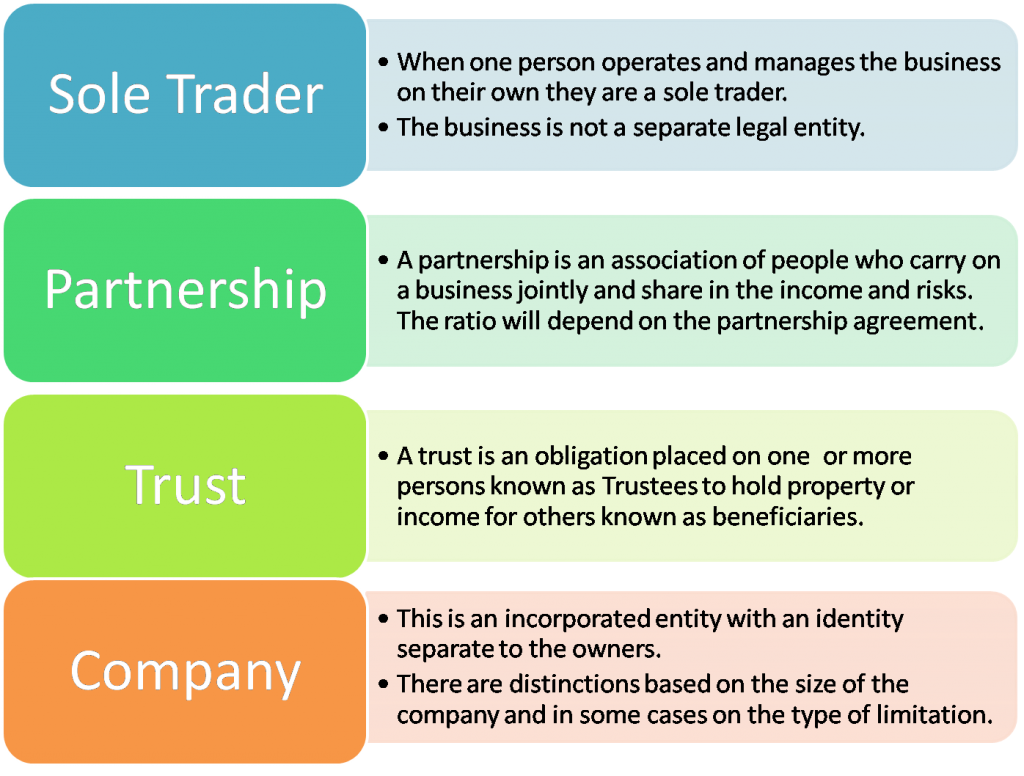
8 Tips to Launch Your Start-Up Business in Australia
Do you have a fantastic business idea and want to launch your own startup?
Australian startups have been doing very well over the last few years, and in this market, if you have a unique, innovative idea, it is usually worth exploring on some level.
Given the opportunities, Australia is an amazing place to develop new business ideas. Start-up minded small businesses are enjoying rapid growth in the country, with many companies including Atlassian and Canva having broken into the global market.
Still, launching a start-up is a lot easier said than done. Before you consider becoming your own boss, you should have a clear idea of how to run a real business. Enthusiasm and innovation can take you a long way, but being truly successful requires effective business skills too.
With that in mind, here are 8 tips that you need to consider when thinking about launching a start-up in Australia.
1. Analyse your business idea before you decide to launch your start-up
Often new business enthusiasts can blur the lines between a business and a hobby, which can be a costly approach.
Doing what you love is obviously a big positive and can help you, but that doesn’t necessarily ensure the viability of your start-up. You need to make sure that your planned products or services have demand in the market rather than following your dreams without giving due consideration to your chance of success.
It’s also very important to ask if your business idea is feasible.
Who are your competitors? Are you up to the challenge of establishing your brand? Do you have the necessary managerial and technical skills to pursue your plan? Financial capability is another big thing to consider here.
2. Understand and research the interests of your potential customers
It’s not enough to make sure that your business has a potential market. A successful start-up needs to understand its target market and demographic very well.
The best way to do so is to create a data-driven profile of your prospective customers. Among other things, focus on their spending habits, age, gender, shopping preferences (online vs in-store) and interests in general.
3. Prepare the initial business plan and determine your goals
Before launching a start-up it’s necessary to have a clear business plan. A business plan will keep you on track and help you achieve your business goals.
It’s impossible to establish a successful start-up without some sort of initial plan when you get started.

4. Come up with an effective marketing strategy and price structure
It’s very important to have a marketing and pricing strategy before you go into production.
As a new business, you are likely to face competition from already established companies. You’ll find it hard to acquire customers in the early going, so having some strategy to fall back on is imperative.
This is true even if you are planning to launch an entirely new kind of product or service. Your initial marketing strategy can determine whether you’ll be able to take off.
You need to understand where your product is in the pricing spectrum.
- For budget level products, you should remain competitive by lowering the price.
- For high-end products, it’s better to compete on quality and customer service.
People tend to relate price with quality, so aggressively lowering the price isn’t always a viable strategy.
Many start-ups fail to understand how to effectively market their products; you may have a terrific product that can help a lot of people, but if you aren’t marketing it to the public effectively it’s never going to take off.
To be successful, you need to invest in market research and really do your homework.
5. Make sure you’ll be able to secure the required initial investment. And be prepared for ongoing financial management
Gaining enough initial investment is critical for your start-up. You can consider the following sources to obtain financing for your business:
- Bank loan
- Personal savings
- Government funding
- Venture capital investors
- Borrowing money from other sources
Your business plan is an important part of seeking and managing the initial investment. Later as your business continues to develop, you’ll need to a more elaborate strategy (and in some cases professional help) to manage your finances.
6. Select a proper business model that fits your start-up’s nature
Every business in Australia belongs to one of the following four business models:
- Sole trader
- Partnership
- Company
- Trust
Depending on the size and type of your start-up, you’ll need to choose the structure that best fits your needs.

Generally speaking, a sole trader model is ideal for small-scale start-ups. In this case, the start-up won’t be registered as a separate entity and all financial and legal liabilities rest on the owner. Any tax-related to your business goes through your own tax return.
In a partnership model, the start-up will have two or more owners. Profits and losses will be shared according to the partnership terms and you’ll need a separate tax file for the business.
For start-ups with larger investments, a company model is the most suitable one. If your start-up is structured as a company, then it’s considered to be a separate legal entity from the start-up founders. A company director has additional obligations compared to a sole business owner.
A trust is a business model where the business is managed by a third party. This is usually not a suitable structure for a start-up.
7. Apply for tax, registration, and insurance
There are different types of taxes that may apply to your start-up depending on its business nature and turnover. It’s possibly best to consult with a business advisor or consultant regarding taxation.
While not compulsory in all cases, registering a business number and business name is very important to establish your brand.
If your start-up is a company, then your business name must be registered when you register the company. In other cases, you will have to register your business name with the ASIC, unless your business name is the same as the name of you or your partner.
Even for small start-ups, it’s essential to have insurance to minimise risk and ensure the safety of workers and employees. Some types of insurance are compulsory for just about every Australian business. These are-
- Worker’s compensation insurance (to protect employees from financial hardship should they suffer a work-related injury)
- Third party personal injury insurance (related to any motor vehicle that your business owns)
- Public liability insurance (may not be applicable for some companies)
8. Have a strong presence on the web and social media
Most people won’t know a thing about your start-up unless you have a website and active social media accounts. Don’t wait until you have properly launched your business, rather let people know about your future start-up right from the planning stage.
If you’re lucky, doing this might even land you some investor interest.
Early online presence will not only work as a great marketing campaign but also let you get a sense of public opinion with respect to your idea.
You should also think about setting up a website as soon as possible, which can function as an online home for your start-up.
Over to you
One thing that goes hand to hand with the start-up spirit is innovation. Bring something unique to your customers, whether it be exciting products or exclusive services. But at the same time, you should know your limits and never try to reach something that is simply out of your grasp.
At the end of the day, adequate preparation is key. The 2016 Startup Muster survey shows that Business Operation, Project Management, and Customer Service are the most common skills of start-up founders in Australia.
Poor management and a weak business plan cripple many a prospective start-up, despite their having innovative ideas. Effective managerial skills, an understanding of the market and the proper flow of finance are the key forces which can turn your start-up into a success story.
You read a lot. We like that
Want to take your online business to the next level? Get the tips and insights that matter.

